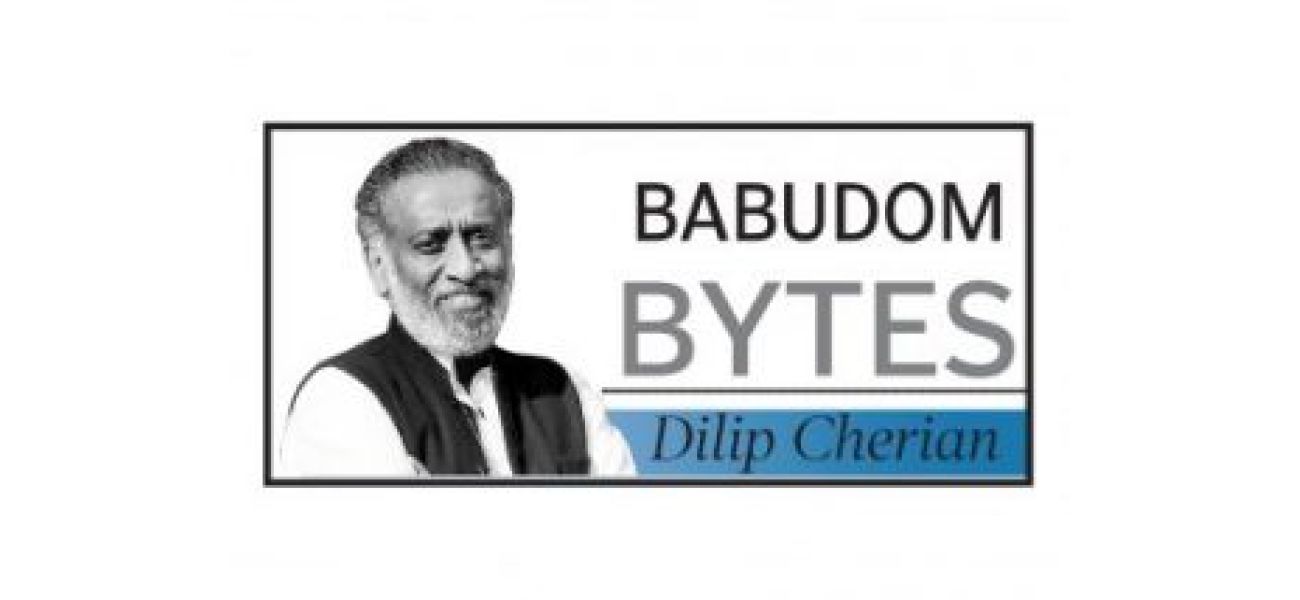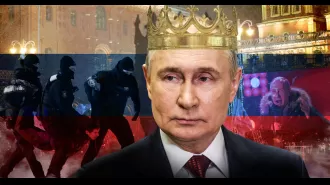The RBI has re-appointed three executive directors and a new chief financial officer to continue their roles in the organization.
Govt extends RBI Deputy Governor M Rajeshwar Rao's term until October 2025. ACC approves re-appointment from October 2024.
October 12th 2024.

The Indian government has made a significant decision regarding the Reserve Bank of India (RBI), extending the term of RBI Deputy Governor M Rajeshwar Rao for another year, until October 8, 2025. This decision was approved by the Appointment Committee of the Cabinet, and will be effective from October 9, 2024, or until further orders. Rao has been a part of the RBI for several years and was previously promoted to Executive Director in November 2016. His extensive experience in various key areas within the RBI, including the Risk Monitoring Department, makes him a valuable asset to the organization. This extension also raises the question of whether similar decisions will be made for other key figures in the RBI, such as Governor Shaktikanta Das and Deputy Governor Michael Debabrata Patra, whose terms are also nearing an end.
Governor Das, who was initially appointed in December 2018 for a three-year term, received an extension in December 2021, which is set to expire in December 2024. Deputy Governor Patra, who has played a significant role in the Monetary Policy Committee since its inception, saw his first term end in January 2023, but was granted a one-year extension until January 2024. His second term will expire in January 2025. Patra's deep involvement in monetary policy makes his potential reappointment a key point of interest, especially considering his previous contributions as both an Executive Director and a member of the MPC. Currently, the RBI operates with four deputy governors, including Patra and Rao, and their reappointments will have a significant impact on India's monetary policy and economic stability in the years to come.
In other news, the Board of Control for Cricket in India (BCCI) has made an interesting move to tackle corruption in the sport. They have appointed Sharad Kumar, former chief of the National Investigation Agency (NIA), as the head of their Anti-Corruption Unit. This decision has sparked a debate over whether someone of Kumar's seniority and importance should be taking on this role. With a career spanning decades and a track record of handling high-profile cases, Kumar's expertise in busting crime networks could be valuable in addressing issues like match-fixing and betting scandals in Indian cricket. However, some question whether someone with a more direct understanding of the sports ecosystem would be a better fit for this role.
Meanwhile, the Supreme Court of India has once again highlighted the issue of temporary appointments for Director Generals of Police (DGP). The court has issued notices to the Central government and eight state governments for violating its guidelines by functioning with acting DGPs. This practice not only goes against the court's directives but also undermines the stability and authority of law enforcement leadership. It's concerning how long some states have been disregarding these guidelines, with some having temporary police chiefs for over a year. The Ministry of Home Affairs has already reminded states to comply with the court's directives, and it's time for them to stop this revolving door of acting appointments and ensure a stable police leadership for effective law and order.
Governor Das, who was initially appointed in December 2018 for a three-year term, received an extension in December 2021, which is set to expire in December 2024. Deputy Governor Patra, who has played a significant role in the Monetary Policy Committee since its inception, saw his first term end in January 2023, but was granted a one-year extension until January 2024. His second term will expire in January 2025. Patra's deep involvement in monetary policy makes his potential reappointment a key point of interest, especially considering his previous contributions as both an Executive Director and a member of the MPC. Currently, the RBI operates with four deputy governors, including Patra and Rao, and their reappointments will have a significant impact on India's monetary policy and economic stability in the years to come.
In other news, the Board of Control for Cricket in India (BCCI) has made an interesting move to tackle corruption in the sport. They have appointed Sharad Kumar, former chief of the National Investigation Agency (NIA), as the head of their Anti-Corruption Unit. This decision has sparked a debate over whether someone of Kumar's seniority and importance should be taking on this role. With a career spanning decades and a track record of handling high-profile cases, Kumar's expertise in busting crime networks could be valuable in addressing issues like match-fixing and betting scandals in Indian cricket. However, some question whether someone with a more direct understanding of the sports ecosystem would be a better fit for this role.
Meanwhile, the Supreme Court of India has once again highlighted the issue of temporary appointments for Director Generals of Police (DGP). The court has issued notices to the Central government and eight state governments for violating its guidelines by functioning with acting DGPs. This practice not only goes against the court's directives but also undermines the stability and authority of law enforcement leadership. It's concerning how long some states have been disregarding these guidelines, with some having temporary police chiefs for over a year. The Ministry of Home Affairs has already reminded states to comply with the court's directives, and it's time for them to stop this revolving door of acting appointments and ensure a stable police leadership for effective law and order.
[This article has been trending online recently and has been generated with AI. Your feed is customized.]
[Generative AI is experimental.]
0
0
Submit Comment





